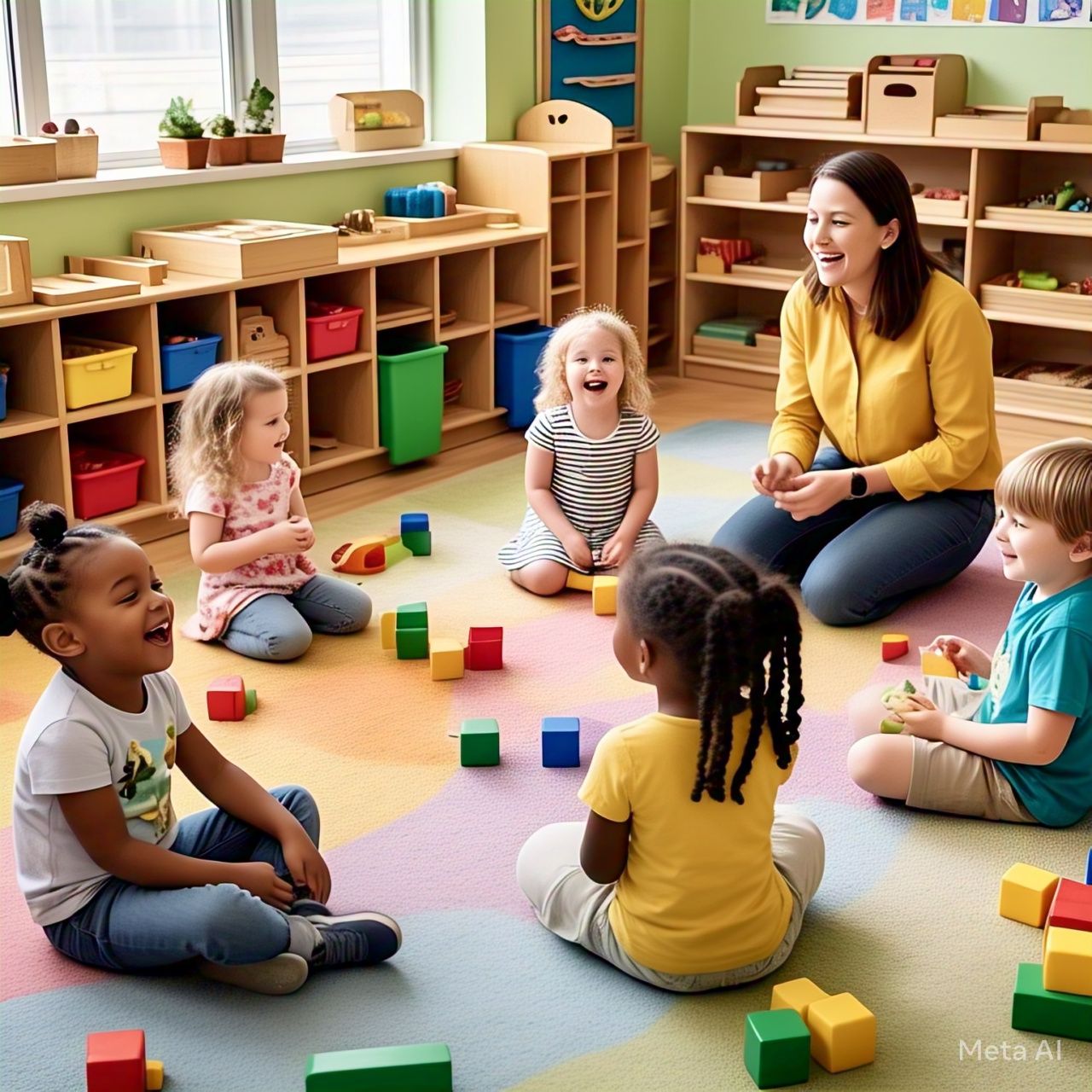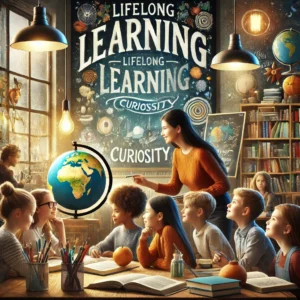The Power of Play: How Play-Based Learning Shapes Early Childhood Development
Play is often perceived as mere entertainment for children, a way for them to pass the time. However, research and child development experts affirm that play is far more than just fun—it is a fundamental part of learning and growing. Play-based learning is an educational approach that fosters creativity, critical thinking, social skills, and emotional resilience in young children. By integrating structured and free play into early education, we unlock their potential and set them on a path for lifelong success.
Why Play Matters in Early Childhood
Early childhood is a crucial period for cognitive, social, and emotional development. During this time, children’s brains form essential neural connections that influence their ability to learn and interact with the world. Play stimulates these connections by allowing children to explore, experiment, and make sense of their surroundings.
Psychologists such as Jean Piaget and Lev Vygotsky have long emphasized the role of play in learning. Piaget believed that children construct knowledge through experiences, while Vygotsky highlighted the importance of social interactions in cognitive development. Play-based learning seamlessly incorporates both these theories, enabling children to develop language, problem-solving skills, and adaptability in a natural and engaging manner.
The Benefits of Play-Based Learning
1. Cognitive Development
Through play, children enhance their problem-solving abilities, memory retention, and logical thinking. Activities like building blocks, puzzles, and role-playing games challenge young minds to think critically and develop spatial awareness.
2. Language and Communication Skills
Interacting with peers during play fosters verbal and nonverbal communication. Whether it’s negotiating roles in a make-believe game or narrating a story while playing with dolls, children expand their vocabulary and improve their ability to express thoughts and emotions.
3. Social and Emotional Growth
Play teaches essential social skills such as cooperation, empathy, and conflict resolution. When children engage in group play, they learn to take turns, understand different perspectives, and regulate their emotions in social situations.
4. Creativity and Imagination
Unstructured play encourages children to think outside the box. Whether they are pretending to be astronauts exploring space or chefs running a restaurant, imaginative play enhances creativity, innovation, and divergent thinking.
5. Physical Development
Active play, such as running, climbing, and dancing, helps develop motor skills, coordination, and overall physical health. These activities build strong muscles and promote a love for movement, laying the foundation for a healthy lifestyle.
How to Incorporate Play-Based Learning
Parents, educators, and caregivers can integrate play into everyday learning experiences through various strategies:
- Provide Open-Ended Toys: Items like building blocks, clay, and art supplies allow children to explore and create without limitations.
- Encourage Outdoor Play: Nature offers endless opportunities for exploration, from collecting leaves to playing in the sand.
- Facilitate Role-Playing Activities: Pretend play with costumes, dolls, and play kitchens fosters creativity and social skills.
- Use Games for Learning: Simple board games and storytelling activities help children develop cognitive and linguistic abilities.
- Create Play-Based Learning Environments: Classrooms and homes should have designated areas where children feel safe to engage in hands-on, exploratory play.
Conclusion
Play is not just an extracurricular activity—it is the foundation of a child’s learning journey. By embracing play-based learning, we nurture well-rounded individuals who are curious, confident, and capable of navigating the complexities of life. As parents and educators, it is our responsibility to create an environment where children can learn through play, fostering a lifelong love for discovery and growth.
So the next time you see a child engrossed in play, remember—they are not just having fun. They are building their future, one playful moment at a time.



